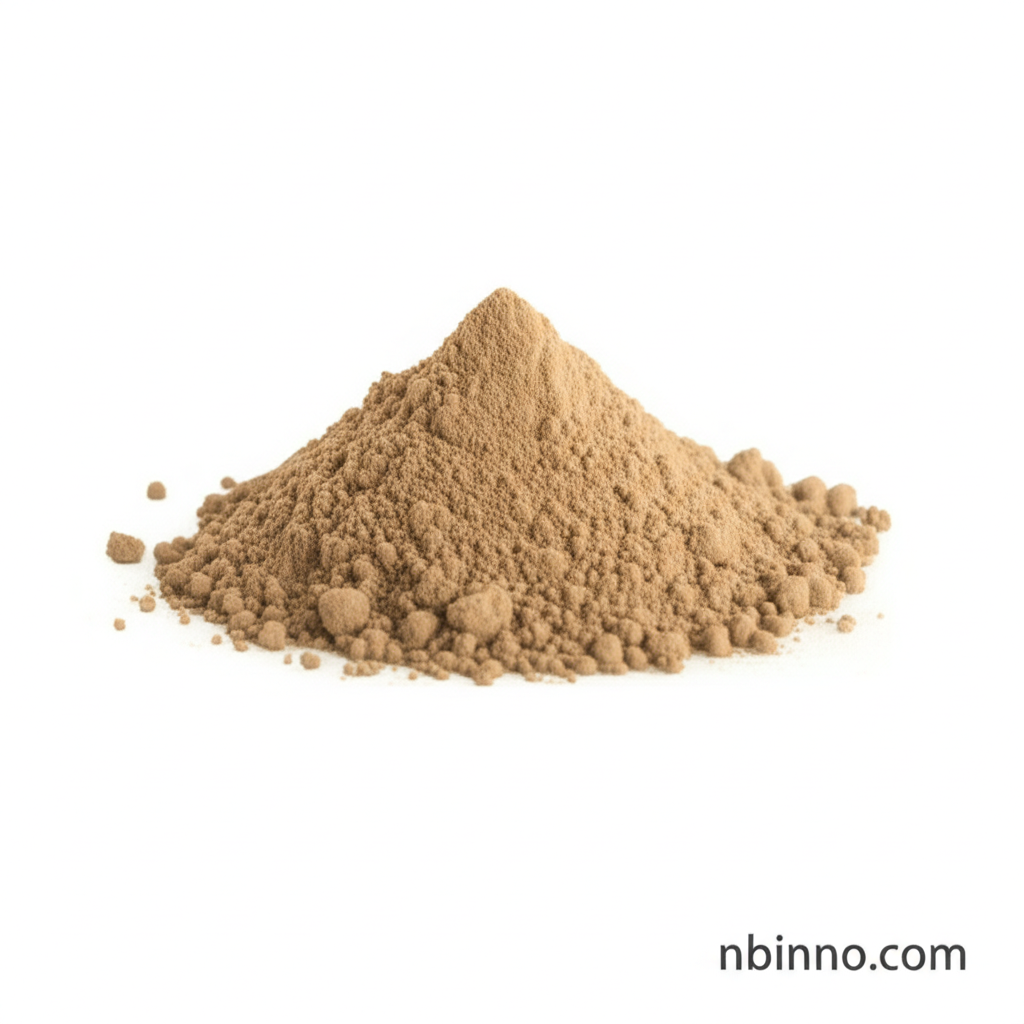Zinc Iodide (ZnI2): A Comprehensive Guide to Properties and Applications
Discover the versatile uses and essential characteristics of Zinc Iodide, a key compound in modern chemistry.
Get a Quote & SampleProduct Core Value

Zinc Iodide
Zinc Iodide, a significant inorganic compound, plays a crucial role across various scientific and industrial sectors. Its unique chemical properties make it an indispensable tool for chemists and material scientists alike.
- Exploring the zinc iodide chemical formula, ZnI2, reveals a compound essential for numerous chemical reactions, particularly as a potent zinc iodide catalyst in organic synthesis.
- The compound's excellent transparency in the infrared spectrum makes it a valuable material for specialized optical components.
- With its potential applications in photovoltaic devices and sensors, Zinc Iodide is at the forefront of technological innovation.
- Researchers often seek to understand zinc iodide anhydrous properties for precise experimental designs, highlighting its importance in scientific research.
Key Advantages of Zinc Iodide
Catalytic Efficiency
Leveraging its capabilities as a Lewis acid, Zinc Iodide significantly enhances reaction rates and selectivity in a wide array of organic transformations, making it a preferred choice when considering zinc iodide catalyst organic synthesis.
Versatile Applications
From industrial catalysis to advanced material science, the utility of Zinc Iodide is vast, offering solutions in electronics, optics, and beyond, driven by its unique chemical characteristics.
Chemical Reactivity
As a fundamental inorganic salt, Zinc Iodide participates in various reactions, offering flexibility for chemists investigating zinc iodide synthesis or exploring its role in complex chemical processes.
Key Applications
Organic Synthesis Catalysis
Zinc Iodide is widely recognized for its role as a catalyst in numerous organic reactions, facilitating bond formation and enhancing reaction efficiency, a key aspect for those looking to buy zinc iodide online for synthetic purposes.
Material Science
Its optical and electronic properties make it suitable for applications in specialized lenses, sensors, and potentially in emerging energy technologies.
Chemical Research
As a fundamental chemical compound, Zinc Iodide is frequently used in laboratory settings for various research purposes, aiding in the understanding of chemical principles and the development of new materials.
Industrial Processes
Beyond research, its industrial applications leverage its chemical stability and reactivity for specific manufacturing processes and formulations.
